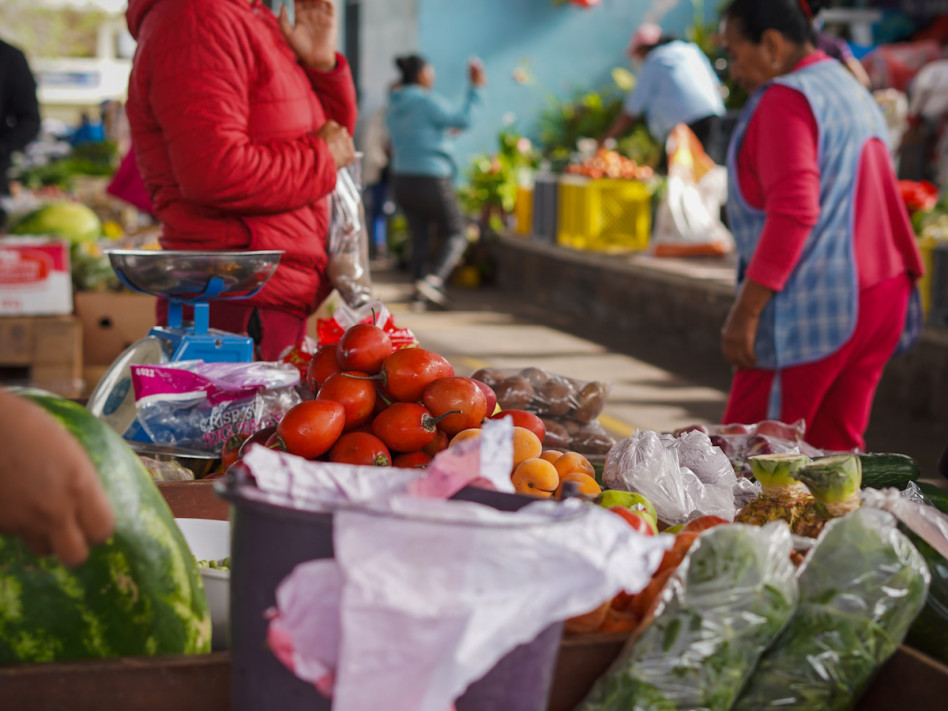Hi dear readers!
Let’s start back at the basics. Who am I and what am I actually doing here? So, I am Noa, a 3rd-year master student in Industrial Ecology and currently conducting fieldwork for my thesis research. Last year during my travels I was overwhelmingly inspired by this place. The wilderness, wild barren lowlands, and jungle-like highlands. How every island has their own unique ecosystems with different species. The prehistoric look that the animals have but maybe most of all how the animals are treated with so much respect. The seals relax on the park benches and the marine iguanas dominate the harbours. Tourists can only visit the national park by the guidance of a park ranger and everyone that transfers islands, must make sure to clean their shoes in order to prevent accidental transfer of plant and animal matter. The list goes on… Conservation practices really rule the place. Now, that is amazing we have places like this on the planet, right? Mindful, huh? Yes very… but…
…Although these practices value animal life at least as highly as human settlement, the high levels of tourism are out of balance with the opportunities the local producers and entrepreneurs are given. In other words, the practices of conservation are not in consideration and collaboration with the needs of the locals. And here one can wonder, are these measures really effective if they do not take the people into consideration as part of the ecosystem?
That’s where I come in! In the next two months, I will be focusing on entrepreneurs in the local food sector (whether it is producing, processing, or selling) and I will explore how they can become part of the conservation practices, rather than be excluded from them.
In my first two weeks, I took my time to get familiar with the problem context. What are the main barriers that food producers and processors are experiencing? I spent time talking to the local fishers and visiting the produce market. I interviewed restaurant owners and made plans to stay in a finca (local farm in the highlands). In the next weeks, I will continue to define the problem context by also including tourists in my interviews and hopefully will find a farmer that will let me do a quantitative study on their organic material streams.
Talk soon!

